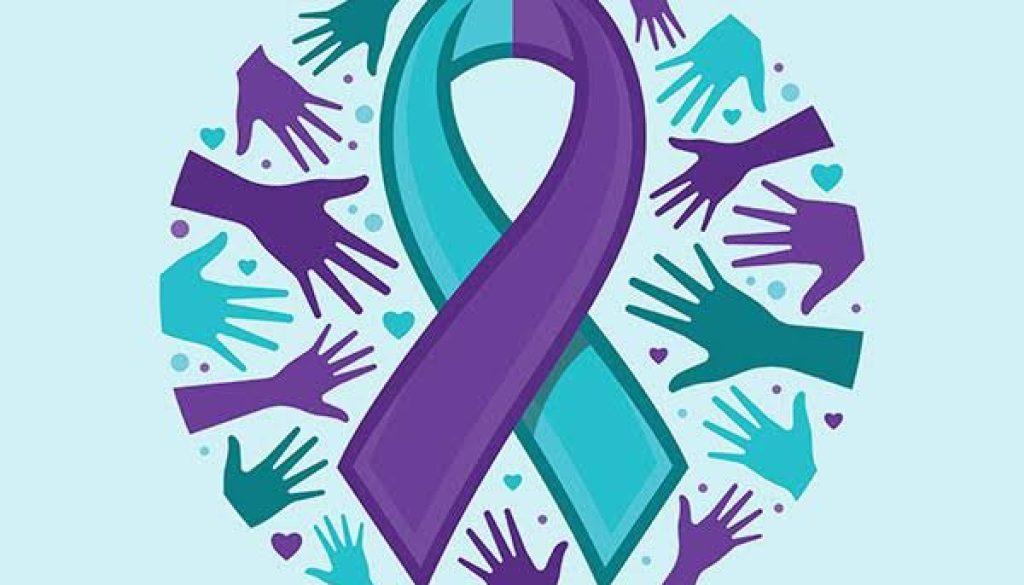Suicide Prevention
Suicide is a complex and sensitive topic that affects individuals, families, and communities worldwide. Understanding the warning signs, risk factors, and prevention strategies can help save lives.
Warning Signs of Suicide
1. Verbal cues: Talking about wanting to die or harm oneself.
2. Behavioral changes: Withdrawal, mood swings, or sudden calmness.
3. Emotional struggles: Feeling hopeless, anxious, or overwhelmed.
4. Suicidal thoughts or plans: Researching or discussing ways to end one’s life.
Risk Factors for Suicide
1. Mental health conditions: Depression, anxiety, bipolar disorder, or schizophrenia.
2. Substance abuse: Alcohol or drug addiction.
3. Trauma: Experiencing or witnessing traumatic events.
4. Social isolation: Feeling disconnected from others.
5. Family history: A history of suicide or mental health conditions.
Prevention Strategies
1. Seek help: Encourage individuals to talk to a trusted adult, mental health professional, or call a helpline.
2. Build connections: Foster social connections and community engagement.
3. Promote mental health: Encourage self-care, stress management, and mental health education.
4. Reduce access to means: Implement safety measures to reduce access to lethal means.
5. Support survivors: Provide resources and support for those affected by suicide.



